For those who loathed him, it was second time lucky — but only just. With South Korea’s national assembly passing the motion to impeach President Yoon Suk Yeol today (with 204 votes in favor and eighty-five against), the stage is set for the country’s constitutional court to determine the president’s fate: whether to oust him from office or restore his powers. The streets of Seoul are filled with scenes of jubilation accompanied by fireworks and K-pop songs. But these same streets are also occupied by pro-Yoon protesters, outraged at his impeachment. The road ahead is long. And while in the wake of the result, Yoon announced that he would be “temporarily stopping” his “journey,” the future of South Korean politics looks to be anything but calm.
Yoon tried to do things ‘his way’ — and quickly annoyed, irritated, and alienated the electorate
This morning’s outcome was not unexpected. The declaration of martial law late last Tuesday evening is not what you expect from the leader of a global economic, political and cultural powerhouse. It shocked even his most loyal supporters. Certainly, the fact that martial law only lasted for six hours was testament to the robustness of democracy in the country nicknamed the “Miracle on the Han River.” Nevertheless, while democracy may be alive and kicking in South Korea, there are many problems ahead.
Yoon will go down in history as the president who sought to decree martial law in a young democracy for whom military rule was a remnant of a bygone era. The last time it was imposed was in the years before democracy would be consolidated in 1988. For all his repentance in his first televised appearance following the events of December 3, however, the president’s address this past Thursday only underscored his defiance and obstinance. Refusing to resign voluntarily — a maneuver which those close to him had been encouraging — Yoon vowed to fight on, adding fuel to the fire when he sought to justify his initial imposition of martial law as a means of “preventing the collapse” of democracy and defying the “parliamentary dictatorship” of the leftist opposition.
For a president whose popularity had nose-dived long before the events of the past eleven days, it was no coincidence that a South Korean opinion poll conducted yesterday revealed that his approval ratings had plummeted to a nadir of 11 percent. Now suspended from his duties, the position of acting president has been assumed by the prime minister, Han Duck-soo. Han, a veteran diplomat who has previously twice served the role of prime minister, will commence his caretaker role as the clock begins to tick down on the180 days the constitutional court have to decide Yoon’s fate.
But even this mere assumption of power — an act of legal procedure — is anything but uncontroversial. Even though Han himself expressed remorse at failing to prevent his then-boss from declaring martial law, his contrition has not prevented the main opposition party, the leftist Democratic Party, from filing a complaint against him, accusing the prime minister of inciting insurrection and being one of the “main culprits” in influencing Yoon’s initial declaration of martial law. The acting president’s role may be one of steadying a ship during a period of domestic uncertainty, but even the sturdiest of ships cannot be immune from turbulence and bad weather.
For now, Yoon’s detractors may be dancing for joy. What is more, all five members of the ruling People Power Party’s supreme council have since resigned, placing the party’s leader, Han Dong-hoon, on thin ice. Yet, a leftist victory in any future election — if the constitutional court does oust Yoon from power — will be anything but rosy. Indeed, the leader of the Democratic Party, Lee Jae-myung, may have rallied support against his political rival; post-impeachment, he announced to his supporters that they are the “owners” of South Korea. The South Korean people, however, know that Lee himself is also no stranger to scandal.
Only this November, Lee, the former mayor of Seongnam city — a planned city in the northern Gyeonggi province — was convicted of violating election law by making false statements prior to the hotly-contested presidential election in 2022, which Yoon won by the smallest of margins. On the foreign policy front, his decision to cozy up to North Korea and stay schtum on China are anything but good ideas. While the United States’s oft-uttered claim that its alliance with South Korea is the “lynchpin of peace and security” in East Asia is indeed true, it is difficult to imagine that today’s commotion and its consequences will not go unnoticed as Washington wakes up to a new day. The grass is not always greener on the other side.
South Korean domestic politics is infamous for its scandal. Since the country’s inception in 1948, its presidents have subsumed by impeachments, imprisonments, suicides, and overthrows. Miracles do happen, but for Yoon – himself a former prosecutor general – to survive the constitutional court’s ruling seems highly unlikely.
South Korea is far from the only country whose ruling leadership is experiencing a precipitous decline in public support, together with intense intra-party factionalism. Yoon tried to do things “his way” — and quickly annoyed, irritated, and alienated the electorate. For him, in the words of Frank Sinatra, the final curtain will soon fall.



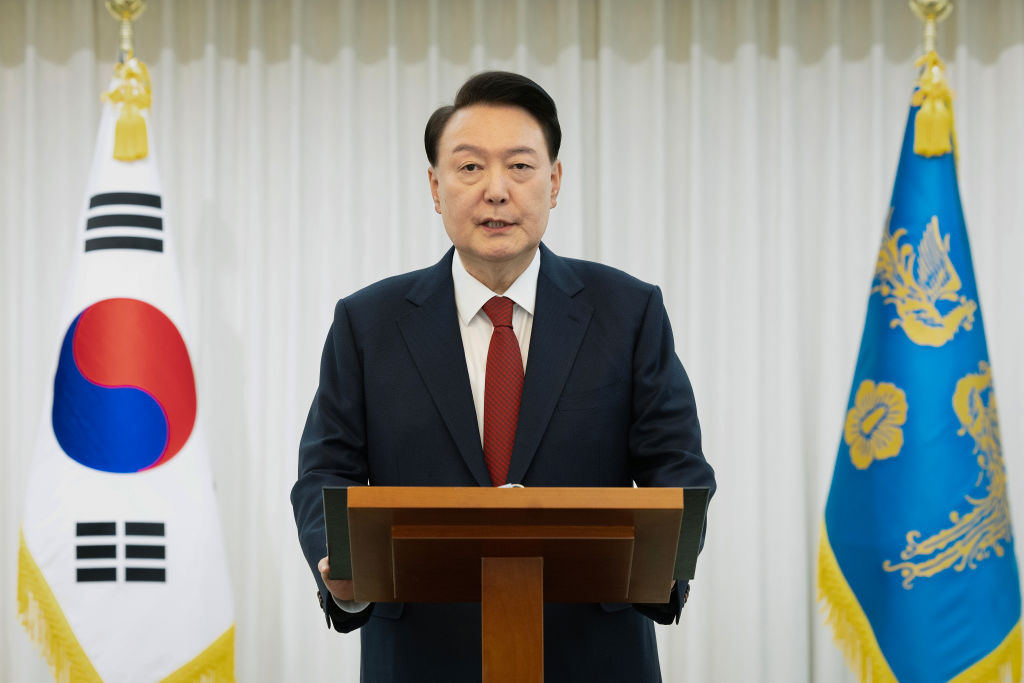






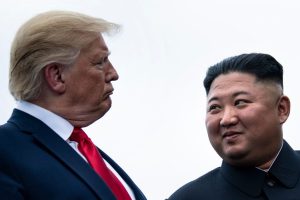

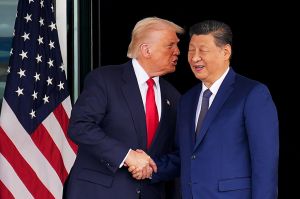

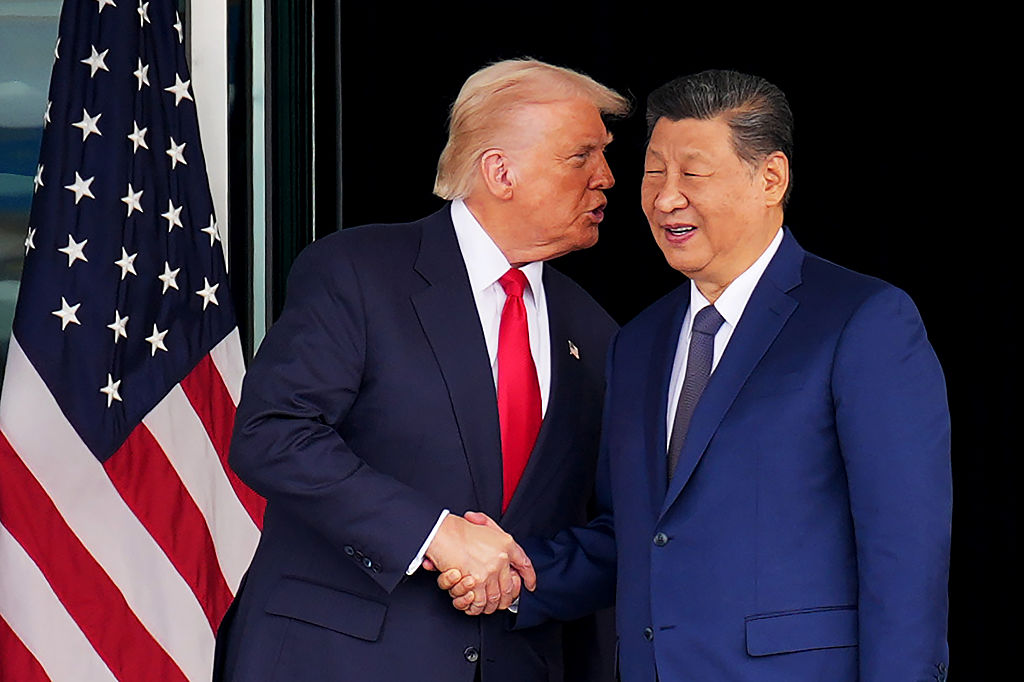
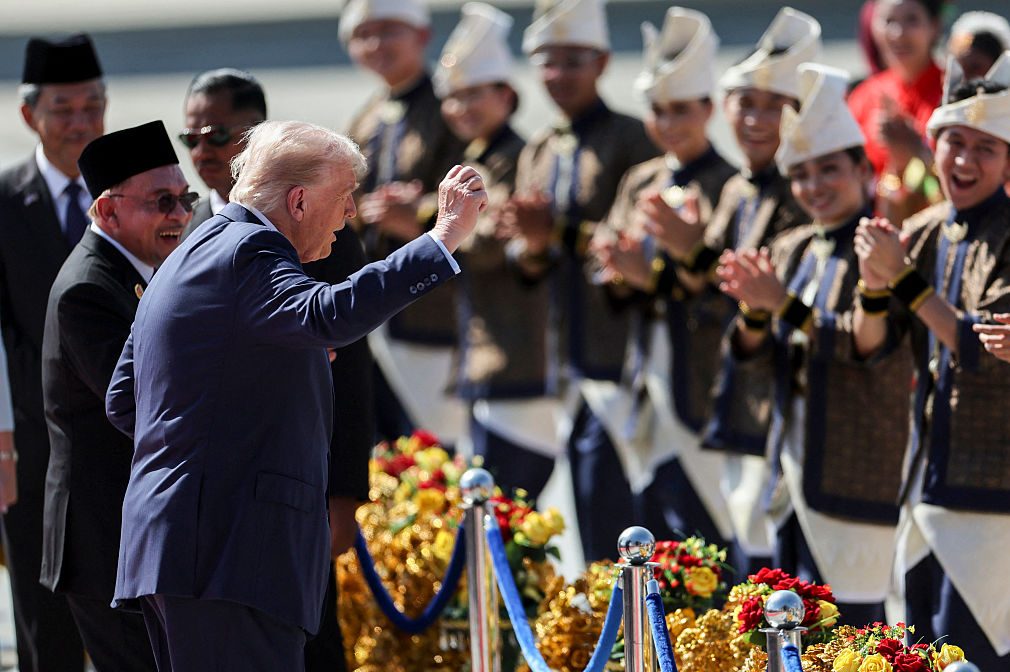
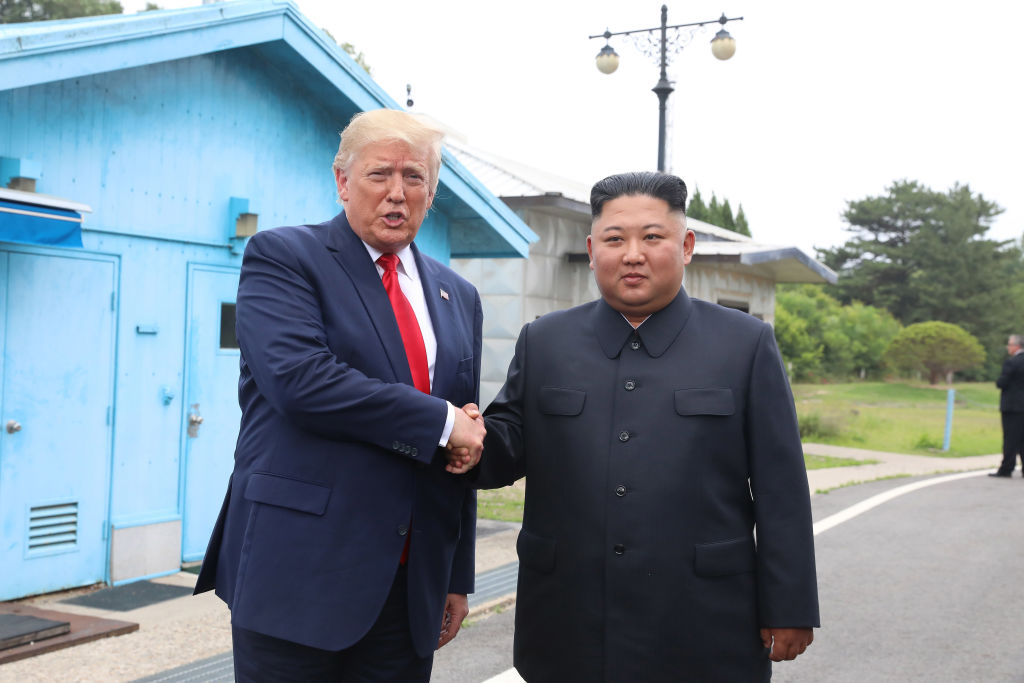
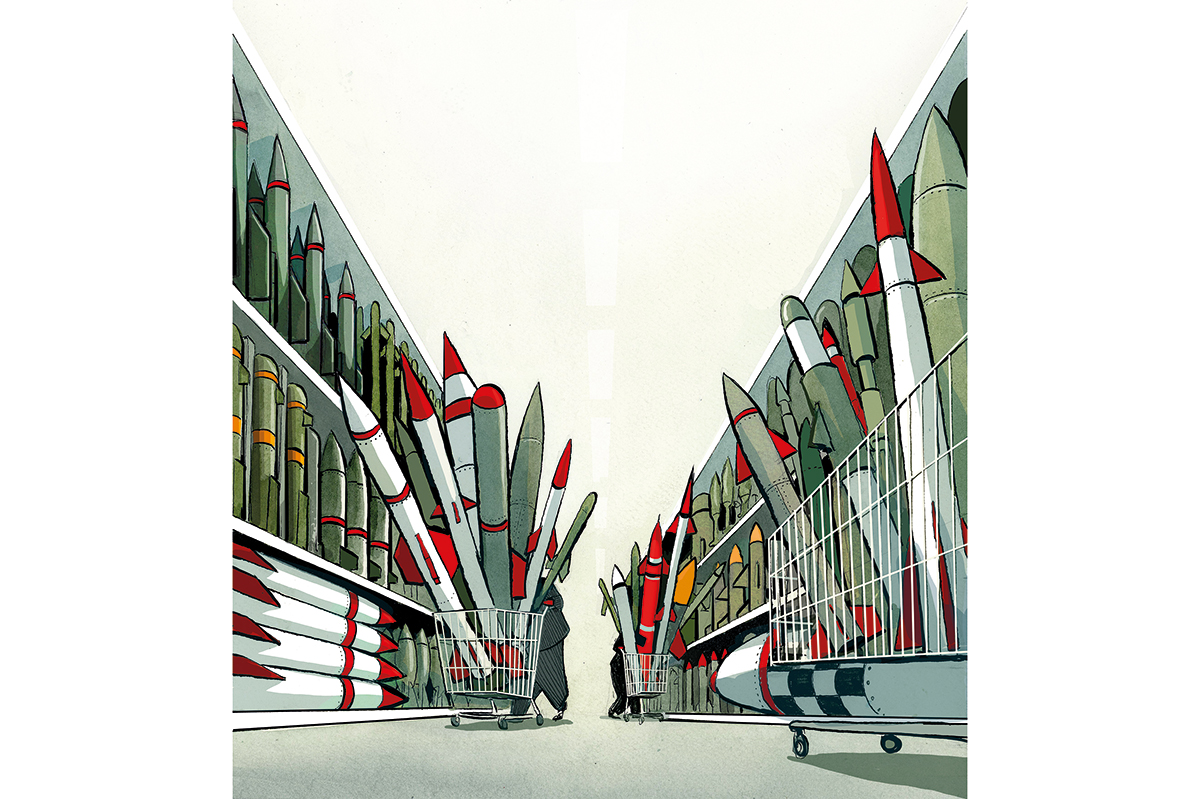








Leave a Reply